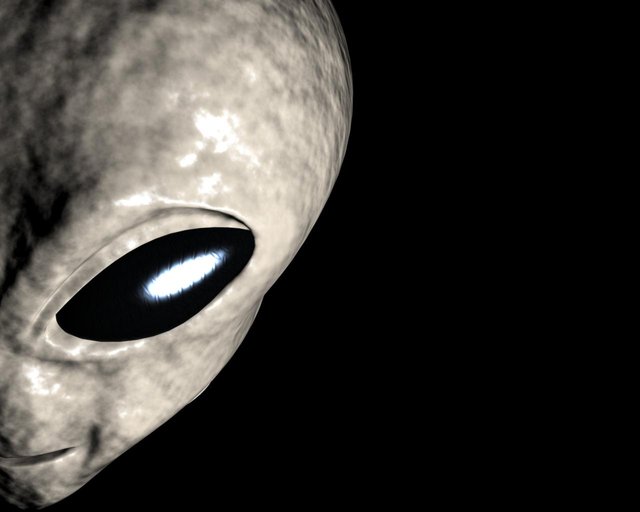Scientists Detect Alien Signals from Galaxy 1.5 Billion Light Years Away
**Scientists have detected a series of mysterious alien radio signals from a distant galaxy 1.5 billion light years away. **
This is the second time in history that scientists have witnessed such repeating radio bursts.

Independent.co.uk reports: Fast radio bursts have been speculated to be the result of everything from exploding stars to transmissions from aliens. But they have remained entirely mysterious, with little evidence at all of where they might be coming from.
The flashes only last for a milisecond but they are flung out with the same amount of energy the sun takes 12 months to produce.
Probably most exciting of the new bursts is one that scientists saw repeat six times, apparently from the same location. Of the more than 60 fast radio bursts detected so far, only one of them has ever repeated.
“Until now, there was only one known repeating FRB. Knowing that there is another suggests that there could be more out there. And with more repeaters and more sources available for study, we may be able to understand these cosmic puzzles—where they’re from and what causes them,” said Ingrid Stairs, a member of the CHIME team and an astrophysicist at UBC.
Seeing two repeating signals probably means that there exists – and that humanity will probably find – a “substantial population” of repeating signals, the researchers write in one of the two papers published in Nature.
Having two sets of repeating bursts could also allow scientists to understand what distinguishes them from single bursts, helping them understand more about their source and watch for future blasts.
In all the researchers spotted some 13 of the bursts in just a three week period, offering a vast new trove of data for the scientists hunting for their source. Together they could offer some evidence of the extreme or unusual environment they are coming from – or the mysterious technology that some claim alien civilisations could be launching them into space with.
“Whatever the source of these radio waves is, it’s interesting to see how wide a range of frequencies it can produce. There are some models where intrinsically the source can’t produce anything below a certain frequency,” says team member Arun Naidu of McGill University.
The blasts were discovered by the Canadian Hydrogen Intensity Mapping Experiment in British Columbia. Some scientists had worried that the range of frequencies it can pick up would be too low for it to receive the FRBs – but it found far more than expected, and scientists expect it to identify even more.
Of the 13 new blasts that were picked up, at least seven of them were recorded at 400 MHz – the lowest frequency of any yet discovered. That suggests there might be even more of them, too low to be picked up by CHIME.
“[We now know] the sources can produce low-frequency radio waves and those low-frequency waves can escape their environment, and are not too scattered to be detected by the time they reach the Earth. That tells us something about the environments and the sources. We haven’t solved the problem, but it’s several more pieces in the puzzle,” says Tom Landecker, a CHIME team member from the National Research Council of Canada.
Source
Plagiarism is the copying & pasting of others work without giving credit to the original author or artist. Plagiarized posts are considered spam.
Spam is discouraged by the community, and may result in action from the cheetah bot.
More information and tips on sharing content.
If you believe this comment is in error, please contact us in #disputes on Discord
Congratulations @buzztiga! You have completed the following achievement on the Steem blockchain and have been rewarded with new badge(s) :
Click here to view your Board
If you no longer want to receive notifications, reply to this comment with the word
STOPDo not miss the last post from @steemitboard:
Hi! I am a robot. I just upvoted you! I found similar content that readers might be interested in:
https://newspunch.com/scientists-alien-signals-galaxy-billion-light-years-away/